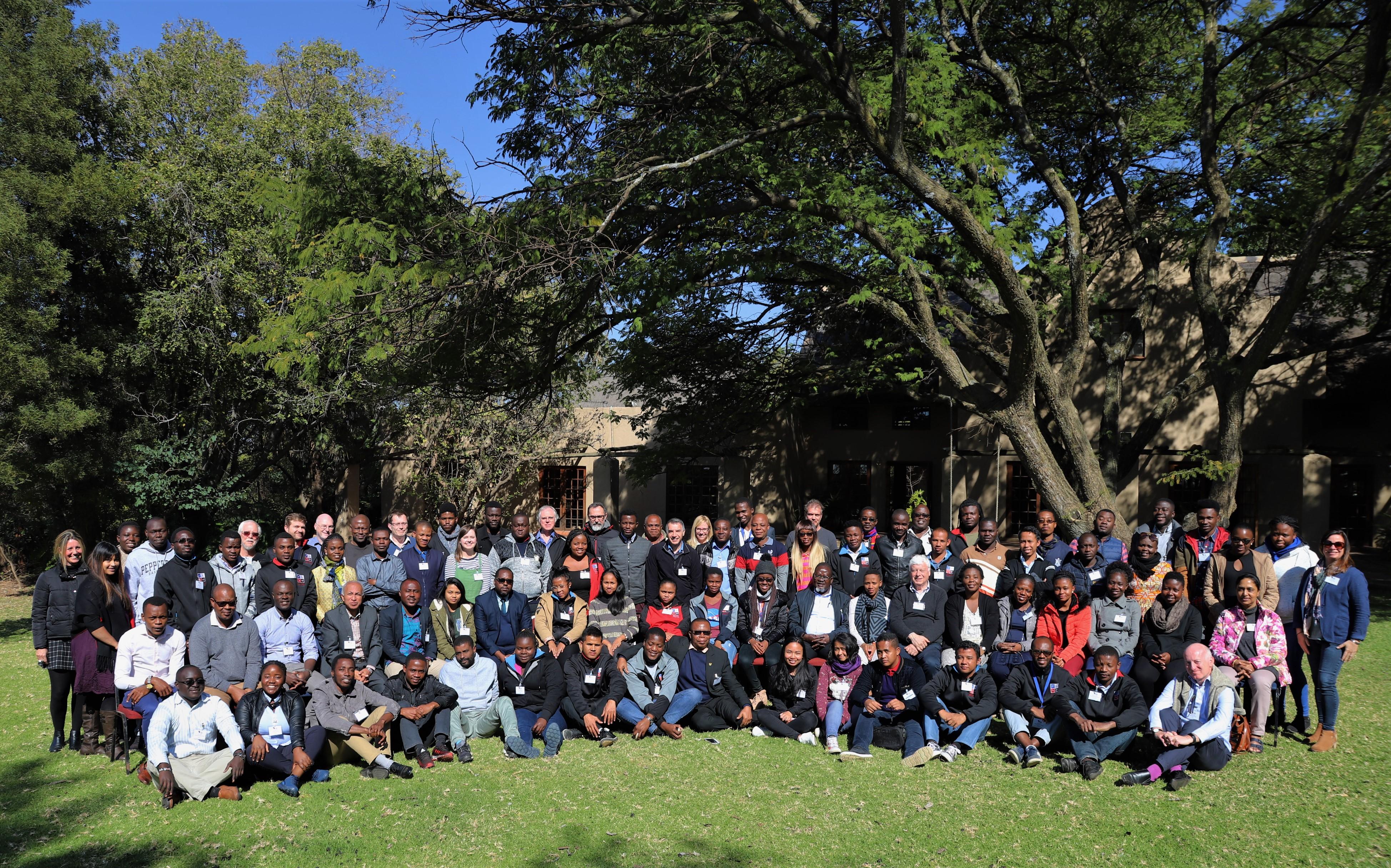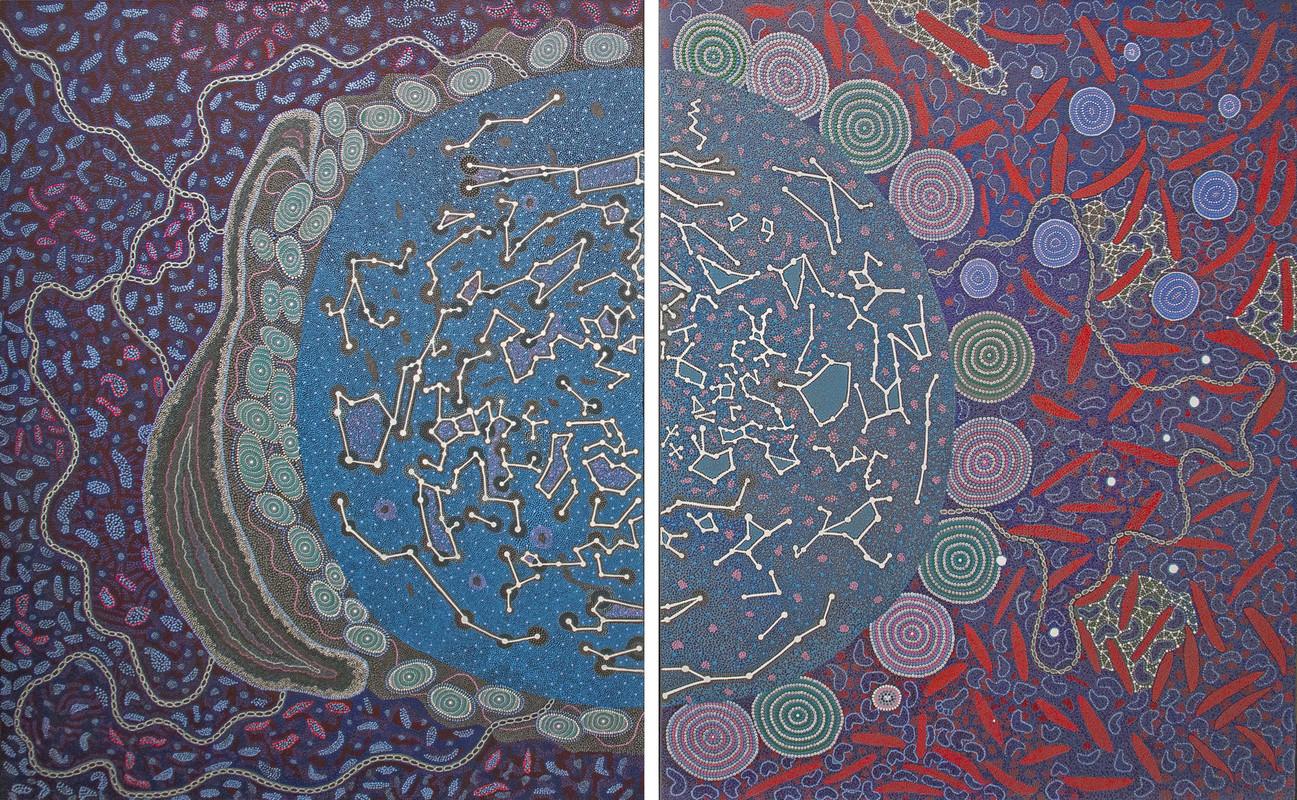Astronomy as a catalyst for cultural relations
Astronomers are thought to be the very first scientists to collaborate on large scale international projects. In an award winning essay, Dr Hannah Dalgleish explores how astronomy, one of the oldest sciences in the world goes beyond the study of our galaxies to facilitate globally inclusive scientific collaborations and to foster cultural exchange.
Dr Hannah Dalgleish is a Postdoctoral Researcher in Astronomy for Development, based between the University of Oxford and University of Namibia (UNAM). Her research focuses on dark sky tourism and utilising astronomy for social impact. Hannah works with Dr Michael Backes at UNAM, a previous awardee of the AfOx travel grant.
Hannah’s essay titled ‘Under one sky: astronomy as a catalyst for cultural relations’ has been published by the British Council for their Cultural Relations Collections.

In this essay, Hannah explores the relationship between UK and South Africa around astronomy and how it has evolved. As an extractive colonial project that began 200 years ago, Hannah takes us on a journey of power imbalances, exploitation and marginalisation to current day where scientists from both countries are co-developing new projects such as the Development in Africa with Radio Astronomy project and the Square Kilometre Array Observatory.

Hannah acknowledges both the benefits and challenges of conducting a ‘Big Science’ project in rural areas. Many communities across South Africa have a rich knowledge of the night skies, and have retained a deep relationship with the sky above them. This inspires astronomers and artists alike to collaborate and bring that insight about our shared sky to new audiences.
Hannah’s research looks to the intersection of astronomy and the sustainable development goals (SDGs). In this Astronomy & Geophysics article, Hannah explores how human capacity building, dark sky tourism, and public engagement can further the SDGs.
Hannah is also interested in the science of science communication. She led a study which sought to understand the impact of the International Astronomical Youth Camp on its participants over the past 50 years. Some of the results have been published in Nature Astronomy, and it is clear to see that the camp has an influence on career choices as well as supporting the individual in their personal development.
Links to articles:
The British Council Cultural Relations Collection essays are a starting point for discussion. They look afresh – with a common cultural relations lens – across global developments in a range of thematic areas. These include arts, science, higher education, schools, civil society, exams and assessment, and the English language.
